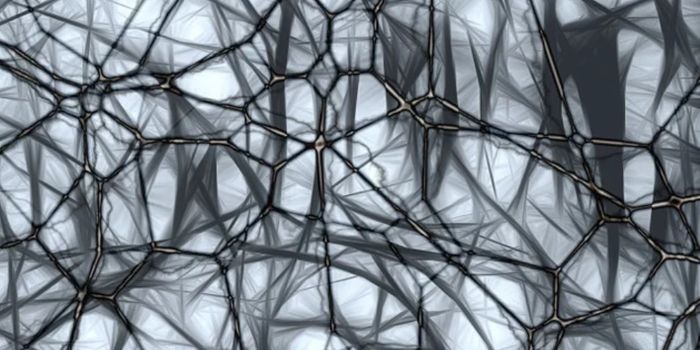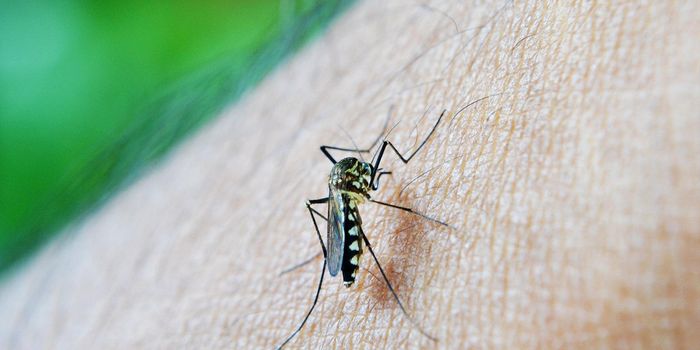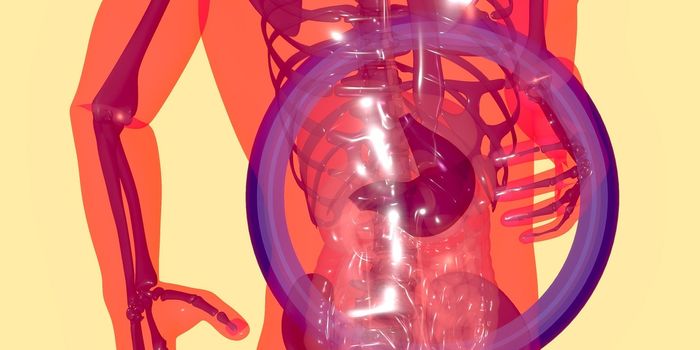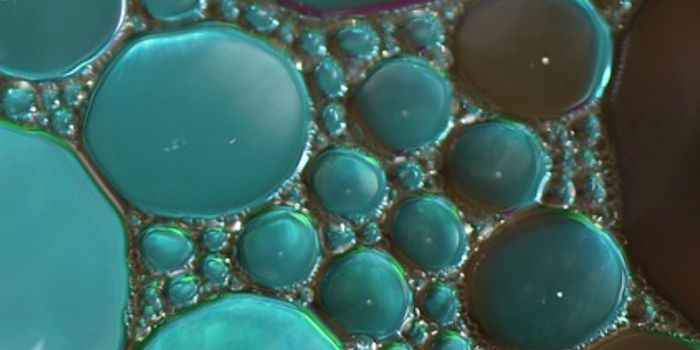What Makes a Super Pooper
It’s been established that the community of microbes living in our gastrointestinal tract, our gut microbiome, exerts a powerful influence on our bodies. We also know that various things can disrupt the microbiome, including illness and antibiotics. Fecal transplants, in which stool from a healthy donor is moved to an unhealthy recipient, can help restore balance to dysfunctional microbiomes. Researchers have now learned that some donor stool is special; so-called super donors provide bacteria that can relieve the gut distress that is found in diabetes and irritable bowel disease (IBD).
"The last two decades have seen a growing list of medical conditions associated with changes in the microbiome -- bacteria, viruses, and fungi, especially in the gut," said Dr. Justin O'Sullivan of the University of Auckland. O'Sullivan is senior author of a new report on fecal transplants in Frontiers in Cellular and Infection Microbiology. Get tips on keeping your microbiome healthy from the video.
"In fact, we know already that changes to the gut microbiome can contribute to disease, based on studies in germ-free mice as well as clinical improvement in human patients following restoration of the gut microbiome by transplanting stool from a healthy donor."
Fecal transplants can cure recurrent diarrheal infections in over ninety percent of cases, but when using donor stool to treat other disorders like IBD, treatment success drops to about twenty percent. It may be possible to improve the therapy by using poo from super-donors, who could provide bacteria that are beneficial to metabolism.
"The pattern of success in these trials demonstrates the existence of super-donors whose stool is particularly likely to influence the host gut and to lead to clinical improvement," noted O'Sullivan. "We see transplants from super-donors achieve clinical remission rates of perhaps double the remaining average. Our hope is that if we can discover how this happens, then we can improve the success of fecal transplantation and even trial it for new microbiome-associated conditions like Alzheimer's, multiple sclerosis and asthma."
The researchers reviewed trials of fecal transplants to learn more about super-donors. Their ‘super-stool’ tends to have more of certain species that are considered to be a crucial part of the microbiome, and are lost from unhealthy hosts. "It is well-known that responders typically exhibit a higher microbial diversity than non-responders. In line with these observations, a larger number of species in the donor stool has been shown to be one of the most significant factors influencing fecal transplantation outcome," O'Sullivan explained.
"In inflammatory bowel disease and diabetes, for example, keystone species that are associated with prolonged clinical remission produce butyrate - a chemical with specialized functions in regulating the immune system and energy metabolism,” he added.
The theory of keystone species can be tested by opting to use donor stool that has high levels of certain microbes, or by designing transplants with a specific mix of bacteria.
"This approach has been applied successfully to prevent complications in a small sample of patients with liver disease," said O’Sullivan. "However, this study showed that microbial enrichment in the donor does not completely guarantee enrichment in the recipient."
These super donors are probably providing more than just the keystone species. There seems to be a balance that must be struck to keep strains of bacteria at healthy levels in the microbiome. Other factors may also be at play; immune chemicals, dietary components and other microbes also influence the microbiome and fecal transplants.
"Some cases of recurrent diarrheal infection have even been cured with transplants of filtered stool, that has had all the live bacteria filtered out but still contains DNA, viruses and other debris. These viruses could affect the survival and metabolic function of transplanted bacteria and other microbes," explained O’Sullivan.
"Some fecal transplant failures may be attributable to the gut's immune response to transplanted microbes, possibly stemming from an underlying genetic difference between the donor and the recipient."
More work will, of course, be needed, but it's possible that fecal transplants will become a new therapeutic option for a variety of diseases in the future.
Learn more about fecal transplants from the video.
Sources: AAAS/Eurekalert! Via Frontiers, Frontiers in Cellular and Infection Microbiology








